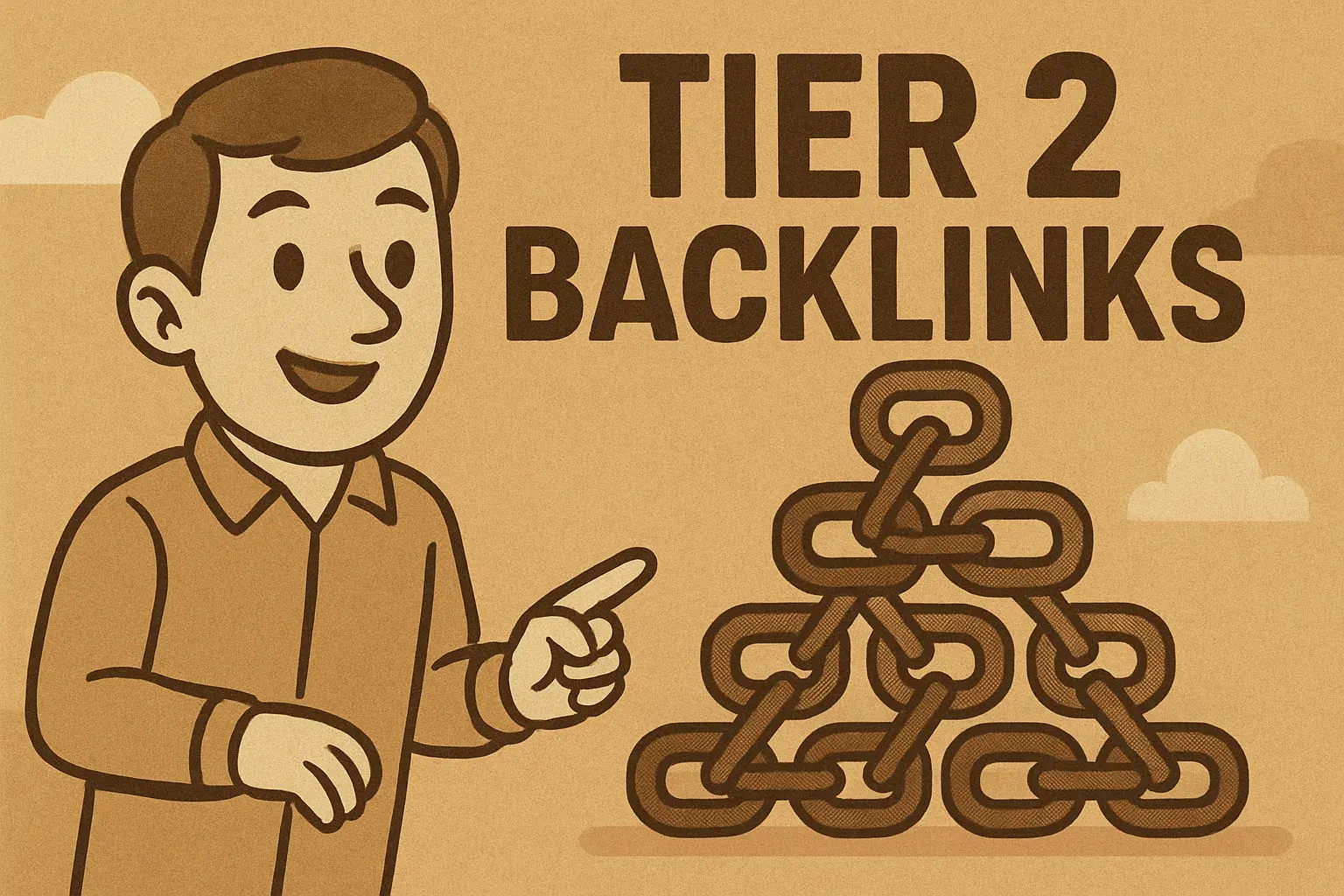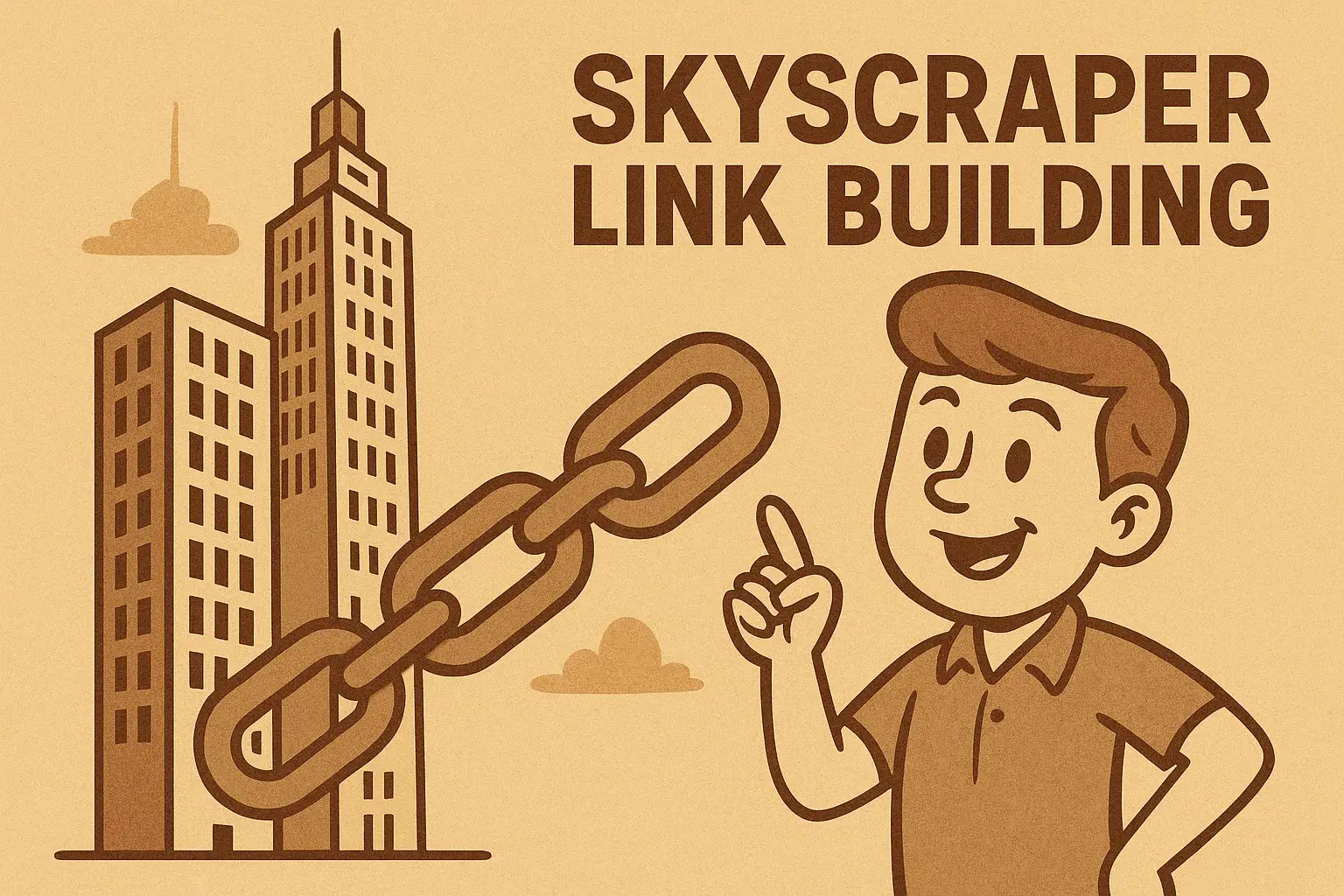State of Link Building 2025: Survey Of 821 Link Building Experts

At The Backlink Company, we’ve always believed that good research drives smarter SEO strategies. That’s why we launched our 2025 Link Building Survey — to fill the gaps left by previous industry studies and give the SEO community a detailed, data-backed look into what’s actually happening in the trenches of link building today.
We surveyed 821 link builders across diverse backgrounds, industries, and experience levels. Here’s what we discovered.
In our survey, we addressed a lot of the gaps left by other companies doing research on the topic. Especially detailed breakdowns by link builder experience and industry.
This survey is also not one-and-done but we keep updating it based on further analysis of the results and while we're still in 2025 with micro-surveys where we think it makes sense to add more nuanced insights. We publish the study now because it aids in our other SEO content creating which we believe is better than to create one big splash.
About this survey: Who's behind the links?
We surveyed 821 link builders from a balanced group of backgrounds. This allowed us to study the effects of tactics, results, and perceptions across different subgroups. We we're also able to gather data on link pricing by who is doing the link building.
Respondents by role
- Freelancer 244 (29.7%)
- In-house 215 (26.2%)
- Site owner 179 (21.8%)
- Agency 144 (17.5%)
- Other 39 (4.8%)
.webp?width=700&height=409&name=survey_participants%20(2).webp)
Respondents by background
The survey respondents were mainly experienced link builders with 2-5 years being the most common. This allowed us to study the effects of experience on link building tactics, pricing, and costs.

The most experienced link builders worked at agencies. With 62.1% of the link builders working in agencies having 5+ years of link building experience. This explains some of the differences in prices, costs, backlink quality, and tactics used.

The participants had a wide range of experience: most being experienced in 4-5 industries on average.
Respondents by industry experience
SaaS and e-commerce experience the most common among the respondents. Legal, education, and iGaming were the industries that the link builders had the least experience, possibly due to their difficulty and legal regulation.

Challenges and perceptions: What frustrates link builders?
Link building is still a top ranking factor
89.7% of the link builders still regarded link building as a top ranking factor. This is curious as there's a good 10% of practitioners who may value them less and possibly regard the task just what they're being paid for to do.
Link building as the hardest SEO task
- 55.7% agree link building is the most difficult part of SEO.
Previous studies corroborate this finding as high-quality link building is still very hard to do well.
Top frustrations
We asked respondents what they found most frustrating about link building. The top complaints were:- The dreaded “Hey dear” outreach emails (spammy outreach)
- Collaborations that fell through
- Lost links after initial success
Link cost and pricing trends
Average cost of links
We asked the respondents to determine the cost of building one high-quality backlink regardless of the link-building technique they use. The average cost of a backlink is around $382 in 2025.
Here's how responses were broken down:
- < $100 → 1.1%
-
$100–$150 → 5.3%
-
$150–$200 → 7.5%
-
$200–$250 → 10.2%
-
$250–$300 → 12.7%
-
$300–$350 → 16.3%
-
$350–$400 → 18.0%
-
$400–$600 → 15.5%
-
$600–$800 → 10.1%
-
$800+ → 3.3%
Around one-third (35.7%) of link building experts spend less than $300 to acquire one high-quality link. 50.9% of respondents spend between $300 and $600 per link. And only 13.4% spend over $600.
The definition of a high-quality backlink varies a little bit by industry and link builder experience which explains the wide range in answers. We'll provide more detailed breakdowns later on.
Let's look at the backlink quality is measured next.
Metrics for measuring quality
We asked the respondents how they measure backlink quality with different metrics. Here's how they replied:
- Relevance → 87.9%
- Domain authority scores (DA, DR, etc.) → 71.7%
-
Site traffic → 70.3%
-
Referral traffic → 41.4%
-
Anchor text → 38.7%
- Checking for "avoid words" (casino, gambling, etc) → 35.2%
-
Inbound-outbound link ratio → 31.1%
-
The overall link profile of the linking site → 25.3%
-
Other → 13.2%
The majority use only 3 metrics: relevance, traffic, and domain authority scores for measuring link quality.
We'll provide more detailed breakdown later on how link builders assess quality by experience.
Measuring authority
Here's what metrics (and tools) link builders used to measure authority:
- 70.2% use DR from Ahrefs
- 14.2% use AS from Semrush
- 10.2% use CF/TF from Majestic
- 5.4% use DA from Moz
Preferred link building tactics
Most effective tactics
We asked link builders about the effectiveness of link building tactics by ranking and traffic increase. Additionally, effectivity is also a matter of cost to produce the backlinks which is why some tactics are not evaluated as effective.
Here's how that looked like:
- 64.7% ─ Digital PR
- 48.6% ─ Original research
- 41.2% ─ Guest posting
- 38.9% ─ Building tools
- 37.2% ─ Link exchange
- 32.3% ─ Linkable asset
- 29.9% ─ Niche edits
- 27.1% ─ Infographics and visuals
- 26.0% ─ HARO
- 25.4% ─ Blogger outreach
- 23.8% ─ In-depth guides
- 23.3% ─ Unlinked mentions
- 10.9% ─ Broken link building
- 12.9% ─ Community link building
- 6.7% ─ Tier 2 link building
- 5.5% ─ Skyscraper link building
- 5.3% ─ PBN link building
- 4.3% ─ UGC link building
- 3.1% ─ Expired domains
- 9.8% ─ Other techniques
Compare to other studies in the field, our study confirms that digital PR is seen as the most effective tactic. Infographics and visuals may have lost some of their effectiveness due to AI which helps creating visuals more easily.
What's also evident here is that editorial links are seen as only slightly more effective to non-editorial links (guest posts and link exchanges being the most effective non-editorial strategies).
We'll later break down perceived effectiveness by experience so we can learn if more experienced link builders understand the long-term consequences better. An industry breakdown will help us understand what tactics work in various industries.
Time to effectiveness
How long does it typically take you to see the impact of link building on rankings and traffic once you've started?
- 1 day–1 week → 3.6%
- 1–2 weeks → 6.9% ("almost immediate effect")
- 2–4 weeks → 45.4% (almost half)
- 4–6 weeks → 29.1%
- 6–8 weeks → 11.7%
- 8+ weeks → 3.3%
Time to effectiveness by tactic
How long different strategies take:
- Niche edits on average 1-2 weeks
- Digital PR on average 4-6 weeks including the time it takes to create campaigns
- Guest posting on average 2-4 weeks (after the post is published). Creating a guest post can add 1 to 2 week to the process which can lead to a total time of 3-6 weeks before seeing any results.
- Creating visuals, guides, and other linkable assets on average 4-6 weeks.
- Building tools 6-8 weeks depending on the complexity (less now with AI but this tactic is likely to lose effectiveness over time)
Outreach effectiveness and time to results
Average success rates
We asked link builders how often their outreach campaigns were successful (email, LinkedIn or other channel). Turns out the average success rate is 7.9%, meaning that for every 12-13 emails you send, one leads to a built link.
Time to link activation
The links went live in 8.3 days on average after the initial email was sent. Meaning that this strategy is quite fast. A lot will depend on whether the outreach is focused on link exchange or guest posting, but this average represents the average across all tactics.

 By
By


